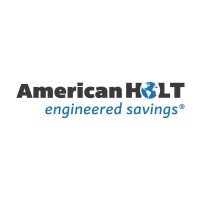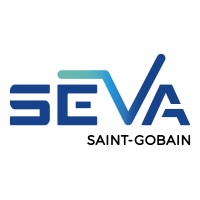
American Holt Corp.
American Holt is a leading supplier of aftermarket parts to food, beverage, packaging, converting and consumer goods industries. Today, four-out-of-five of the world's largest food and beverage companies purchase American Holt replacement parts to significantly reduce inventory costs and minimize machine downtime. Our engineers draw upon their combined experience of over 200 years to reverse engineer OEM parts. We utilize state-of-the-art metrology equipment and chemical analysis along with fit and function review to create quality generic components. On average, our customers save 20-40% and more on aftermarket parts versus OEM prices. And, 98.5% of all orders ship within 24 hours.






